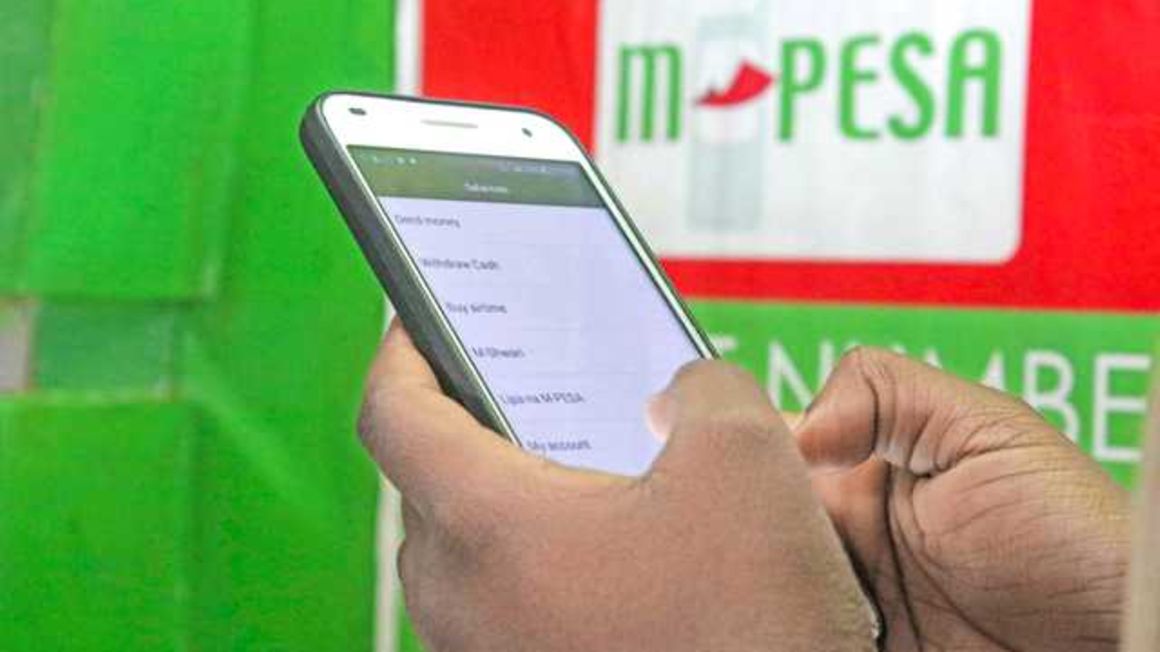Mobile Money transactions Dip by 14.5% as Government Plans to Trace Transactions

Mobile money, a cornerstone of Kenya’s financial landscape, has seen a sharp decline in transactions, dropping by 14.5%. This marks a significant shift in a sector that has long been heralded as a driver of financial inclusion and economic growth. The downturn, coupled with government plans to trace transactions, signals both challenges and opportunities for businesses and consumers.
What the Numbers Reveal
Recent data from the Central Bank of Kenya (CBK) shows that mobile money deposits decreased from Ksh 622.1 billion to Ksh 531.8 billion over the past year. The decline has left analysts questioning whether this is a temporary dip or a reflection of deeper issues in the sector. Despite these figures, mobile money remains an essential part of Kenya’s economy, handling billions in transactions daily and providing services to millions of users.
This drop in activity comes amid a broader economic slowdown, with households and businesses feeling the pinch of rising inflation and a high cost of living. As disposable incomes shrink, many consumers are opting for cash transactions, which they perceive as more manageable in tough economic times.
Why Are Transactions Declining?
Several factors contribute to the reduced activity in mobile money. One key reason is the introduction of the digital service tax (DST) and transaction levies. These charges have increased the cost of using mobile money platforms, making them less appealing for everyday transactions. For instance, businesses that rely on mobile money for bulk payments are now seeking alternatives, such as direct bank transfers, which offer lower fees.
Another factor is the tightening of credit in the mobile lending sector. Platforms that once issued instant loans via mobile wallets are now operating under stricter regulations. This has curtailed access to quick credit, reducing mobile money flows.
The shift in consumer behavior also plays a role. Many users are withdrawing funds from their wallets and keeping cash in hand to avoid transaction charges. This trend has eroded the seamless ecosystem that mobile money was designed to create.
What Government can do to Improve Transparency
In response to concerns over financial accountability, the Kenyan government is rolling out measures to trace mobile money transactions. While aimed at curbing illicit activities such as money laundering and tax evasion, this move has sparked mixed reactions.
Some stakeholders applaud the initiative, citing its potential to enhance transparency and build trust in the financial system. However, others worry about privacy and the potential misuse of personal data. Businesses fear the increased scrutiny might discourage users from engaging with mobile money platforms, further affecting transactions.
The government has assured the public that data collection will adhere to strict confidentiality guidelines. However, trust remains an issue, especially given past data breaches in the financial sector.
Financial Inclusion at Stake?
Mobile money has been a game-changer for Kenya, enabling access to financial services for millions who were previously excluded from traditional banking. Platforms such as M-Pesa, Airtel Money, and T-Kash have bridged the gap between formal financial institutions and the unbanked population.
This decline in transactions could reverse the progress made in financial inclusion. Rural communities, small businesses, and low-income earners are particularly vulnerable. For these groups, mobile money is not just a convenience but a lifeline, facilitating transactions that would otherwise be impossible.
Stakeholders in the sector must find ways to address these challenges without compromising the inclusivity that has made mobile money a global success story.
There is need for mobile money operators need to innovate and adapt. Reducing transaction costs could be a starting point. By lowering fees, providers can encourage more users to return to the platforms, restoring confidence in the system.
Another area of focus should be collaboration with the government to ensure that regulations strike a balance between transparency and user convenience. This includes advocating for policies that protect consumer privacy while addressing concerns around fraud and illegal transactions.
Technology will also play a pivotal role in the sector’s recovery. Leveraging artificial intelligence (AI) and blockchain could enhance security, streamline operations, and reduce costs. For instance, blockchain technology can provide an immutable record of transactions, building trust among users and regulators alike.
What We Can Offer
The decline in mobile money transactions serves as a wake-up call for all stakeholders. Collaboration, innovation, and user-centric policies are essential to ensure the sector’s resilience. For businesses and consumers alike, the focus should remain on solutions that drive convenience, affordability, and trust.
At MUIAA, we’re ready to guide you through these changes. Let’s build a better financial future together. Explore our services at muiaa.com or contact us today for tailored financial solutions that meet your needs.










